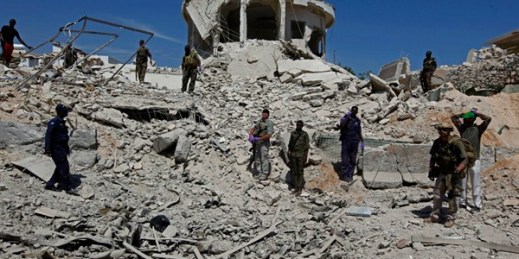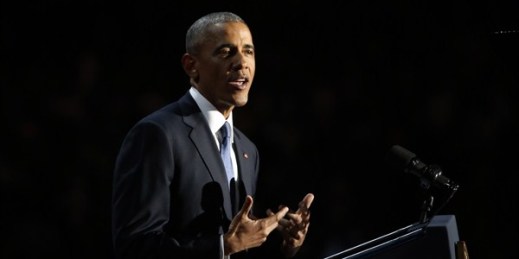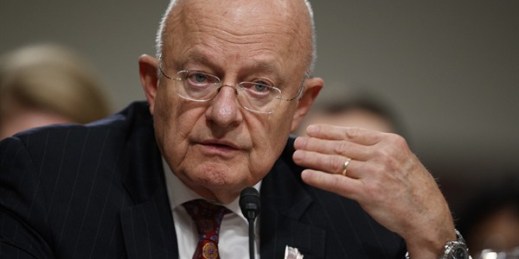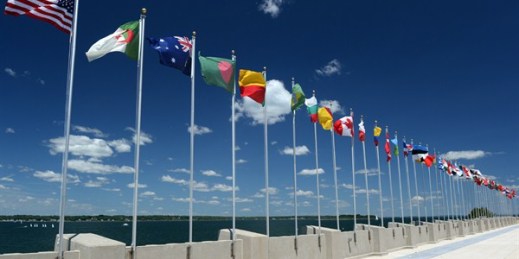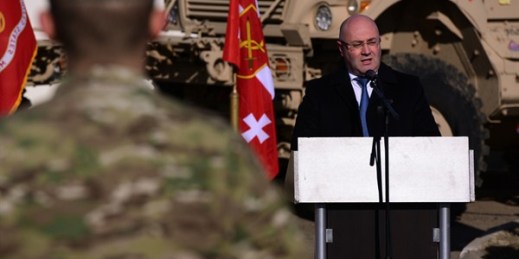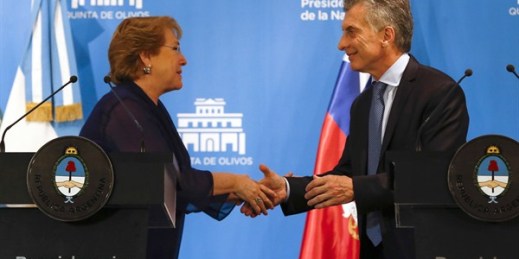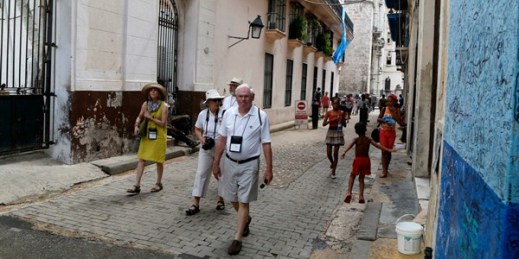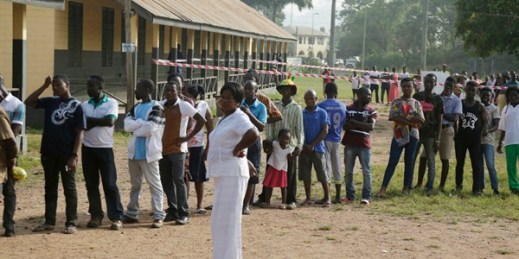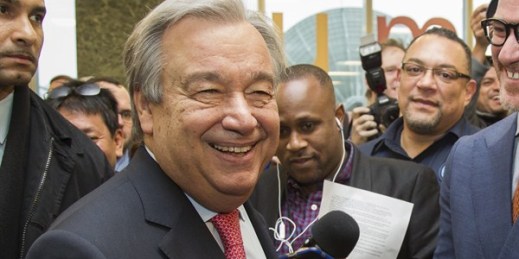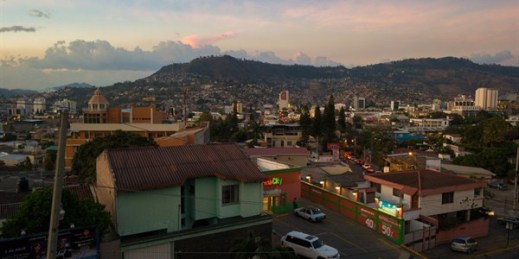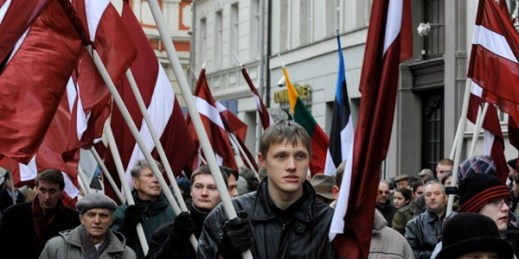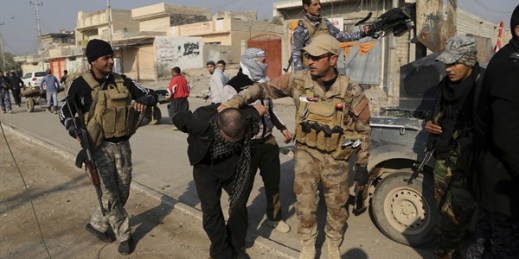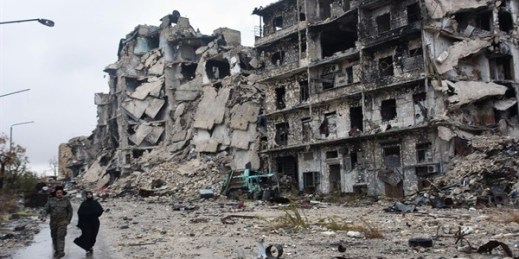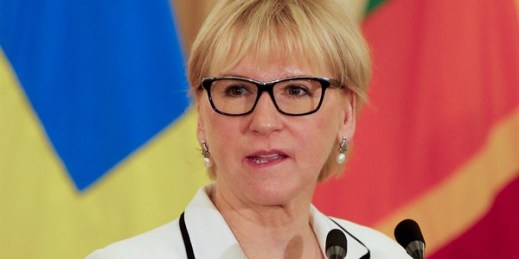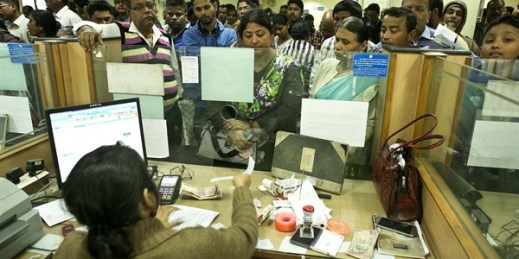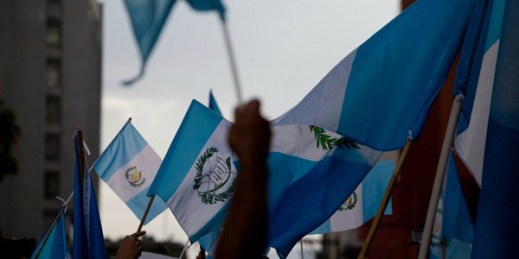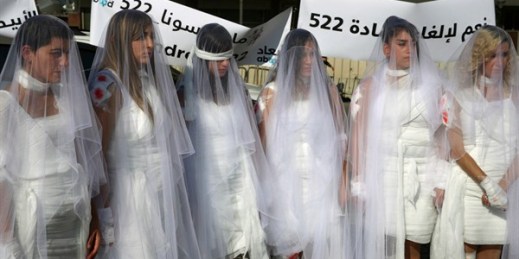
Editor’s note: This article is part of an ongoing WPR series on the status of women’s rights and gender equality in various countries around the world. In December, a parliamentary committee in Lebanon recommended striking down a law that allows rapists’ sentences to be reduced if they marry their victims. It will take months for parliament to consider the recommendation, though women’s groups have welcomed it as a first step. In an email interview, Zeina Zaatari, a lecturer and independent consultant on women’s issues in the Middle East, discusses women’s rights in Lebanon. WPR: What is the current status of […]

